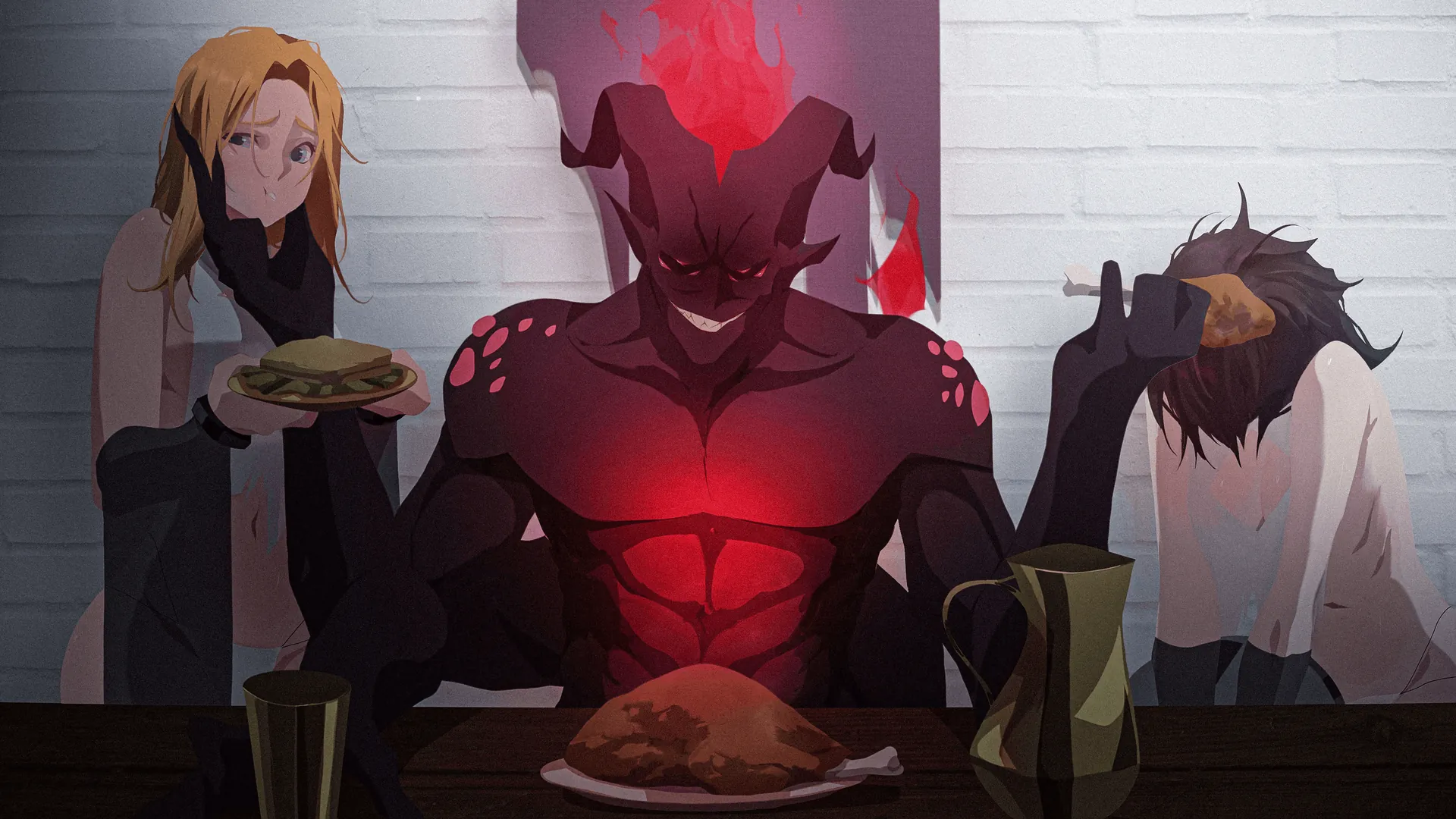
Rightful Ownership
Play Rightful Ownership
Rightful Ownership review
Exploring the gameplay, story, and player engagement in Rightful Ownership
Rightful Ownership is an interactive game that offers players a distinctive narrative-driven experience. Centered around complex character interactions and decision-making, this game challenges players to navigate a unique storyline with multiple outcomes. In this article, we explore the core elements of Rightful Ownership, from its gameplay mechanics to the immersive storytelling that sets it apart, providing insights and practical advice for new and seasoned players alike.
Understanding Rightful Ownership: Gameplay and Storyline
What is Rightful Ownership About?
Picture this: you receive a letter informing you of a distant relative’s passing. 🕵️♂️ You’re named as a potential heir in a will, but so are several other claimants. The estate is substantial, but the situation is murky. This is the compelling premise of Rightful Ownership, an interactive narrative game that plunges you into a complex web of family secrets, moral dilemmas, and legal intrigue. Your role is not just to claim an inheritance, but to uncover the truth behind it.
The core of this Rightful Ownership game overview is your journey as the protagonist. You arrive at the sprawling, slightly ominous family manor, tasked with proving your claim is the most legitimate. 🏰 The game masterfully blends elements of a mystery thriller with the emotional weight of a family drama. You’re not just clicking through dialogue; you’re actively investigating documents, conversing with often-unreliable relatives, and making decisions that will define your character’s morality and, ultimately, their fate. The objective seems simple—secure your inheritance—but the path to getting there is anything but.
Key Gameplay Mechanics Explained
At its heart, the Rightful Ownership gameplay mechanics are designed to make you feel the weight of every action. This isn’t a game of quick-time events or complex button combos; it’s a game of thought and consequence. The primary systems are elegant in their design but deep in their execution, creating a truly immersive interactive narrative game.
The main pillars of interaction are:
- The Dialogue Wheel: Conversations are your primary tool. You aren’t just picking pre-scripted responses; you’re choosing an attitude—be it empathetic, aggressive, deceptive, or logical. The game remembers your tone, and characters will react to your established personality.
- The Evidence Board: A central screen where you pin clues, family trees, legal documents, and character profiles. 🔍 Connecting these pieces of evidence is crucial. Discovering a hidden bank statement might allow you to confront a cousin about their debts, directly altering a conversation later.
- The Trust Meter: While not a visible number, your relationships with other heirs are dynamically tracked. Helping someone might raise their trust, while accusing them of theft will cause it to plummet, locking you out of future information or alliances.
This seamless integration of systems ensures a significant gameplay decision impact. Choosing to spend an afternoon secretly searching a bedroom instead of having a cordial tea with another heir isn’t just a different activity; it’s a different narrative branch.
To clarify how these mechanics feed into the story, here’s a breakdown:
| Gameplay Mechanic | Primary Function | Direct Impact on Story |
|---|---|---|
| Dialogue Choices | Shape relationships and gather information | Unlocks or locks character-specific story arcs; influences final trial arguments |
| Evidence Collection & Linking | Uncover hidden truths and family secrets | Reveals new suspects or motives; provides crucial proof for the game’s climax |
| Time & Location Management | Decide how and where to spend your in-game days | Determines which events you witness and which clues you find, creating a unique playthrough |
How Player Choices Shape the Story
This is where Rightful Ownership truly shines. The Rightful Ownership story choices are not illusions; they are the very fabric of the narrative. I learned this the hard way during my first playthrough. I decided to play a character who was ruthless and suspicious of everyone. 🚫 I accused the gentle old groundskeeper of tampering with the will based on a flimsy clue, more out of paranoia than evidence.
The result was devastating. He resigned, and I lost a potential ally who held key information about the family’s history. Later, during the final “reading of the will” scene—a tense, lawyer-mediated confrontation—I lacked his testimony. This directly led to an ending where I received a small, pity share, while the heir I had most aggressively targeted ended up with the bulk of the estate. My gameplay decision impact wasn’t just a line of different text; it was a complete narrative failure that felt entirely my own doing.
This experience is a core part of the player engagement Rightful Ownership cultivates. You aren’t watching a story unfold; you are authoring it with every choice. The game is a brilliant example of a multiple endings game, with conclusions ranging from you becoming the sole, triumphant heir to being completely disinherited and even arrested for your underhanded tactics! 🫨
The narrative branches are so intricate that two players can have wildly different experiences. One might uncover a long-lost sibling and forge a new family bond, while another might expose a decades-old crime and tear the family apart for good. This design makes Rightful Ownership incredibly replayable. You’ll constantly be wondering, “What if I had trusted that person?” or “What was in that locked drawer I never managed to open?”
Pro Tip: Don’t reload saves after a “bad” choice on your first playthrough! The most powerful stories in Rightful Ownership come from living with your mistakes and seeing the authentic, often messy, consequences play out. It makes the eventual victory—or poignant loss—feel truly earned.
To help you navigate this wonderful complexity, here are a few practical tips for new heirs:
- Talk to Everyone, Repeatedly: 👥 Characters have new things to say after major discoveries. A seemingly insignificant comment early on can become vital later.
- Explore Thoroughly: The manor is packed with environmental storytelling and hidden clues. Return to old locations with new evidence; you might be able to interact with something you couldn’t before.
- Save Your Game Before Big Confrontations: While I advocate for living with your choices, it’s wise to save before major accusations or the final sequence. This lets you experience different outcomes of a pivotal moment without replaying the entire game.
- Role-Play a Consistent Character: Decide who you are at the start—are you a truth-seeker, a greedy manipulator, or a peacemaker? Sticking to a role makes the choices more meaningful and the story more coherent.
Ultimately, the Rightful Ownership game overview is one of a deeply personal journey. Your investment in the Rightful Ownership gameplay mechanics and the careful consideration you give to every Rightful Ownership story choice is what builds an unforgettable experience, solidifying its status as a top-tier interactive narrative game.
Rightful Ownership stands out as a game that combines engaging storytelling with meaningful player choices, offering a rich and immersive experience. Its gameplay mechanics encourage players to think critically about their decisions, leading to diverse outcomes and high replay value. Whether you are new to the game or looking to deepen your understanding, exploring its narrative and mechanics can provide hours of thoughtful entertainment. Dive into Rightful Ownership and discover the impact of your choices firsthand.
















